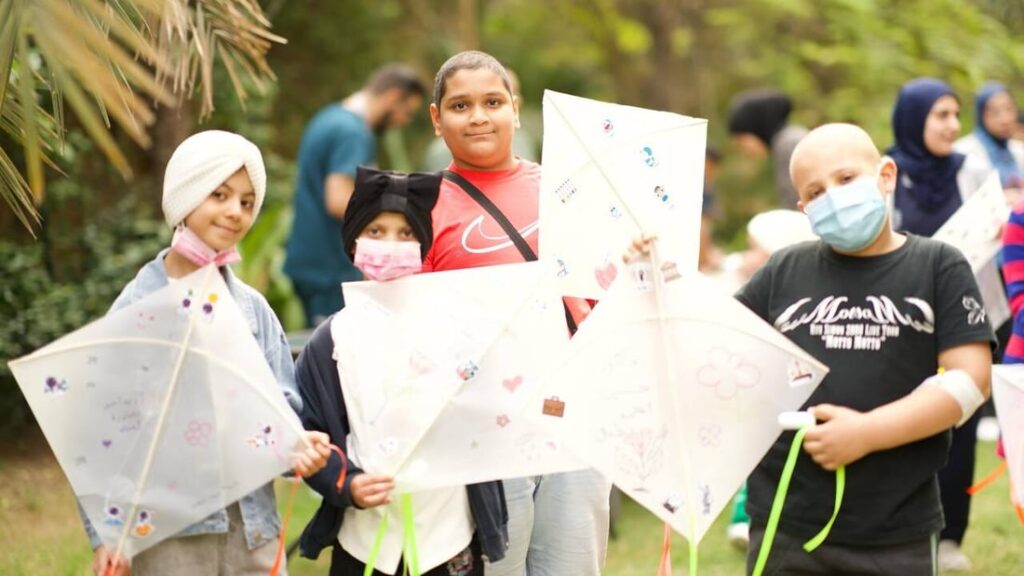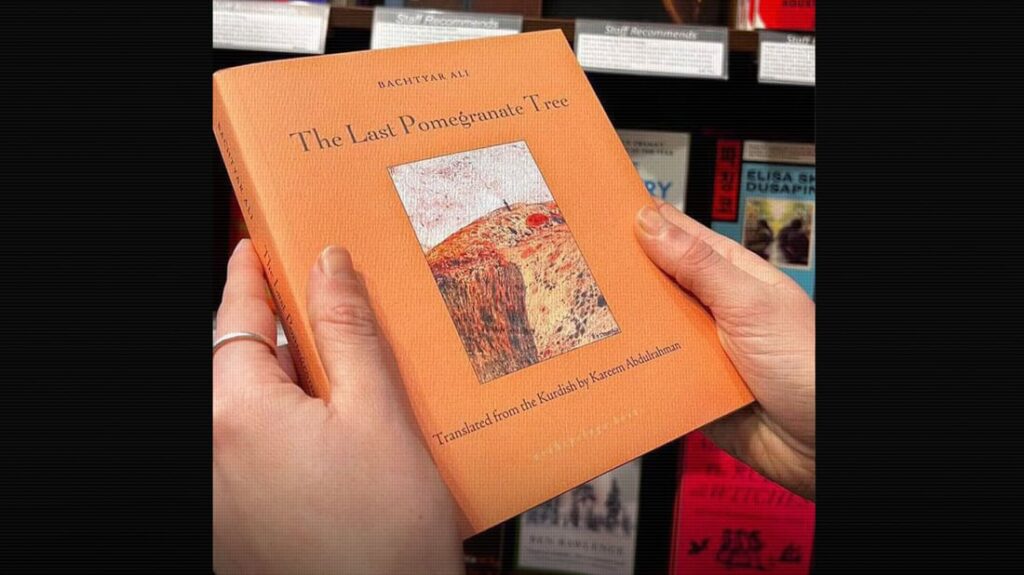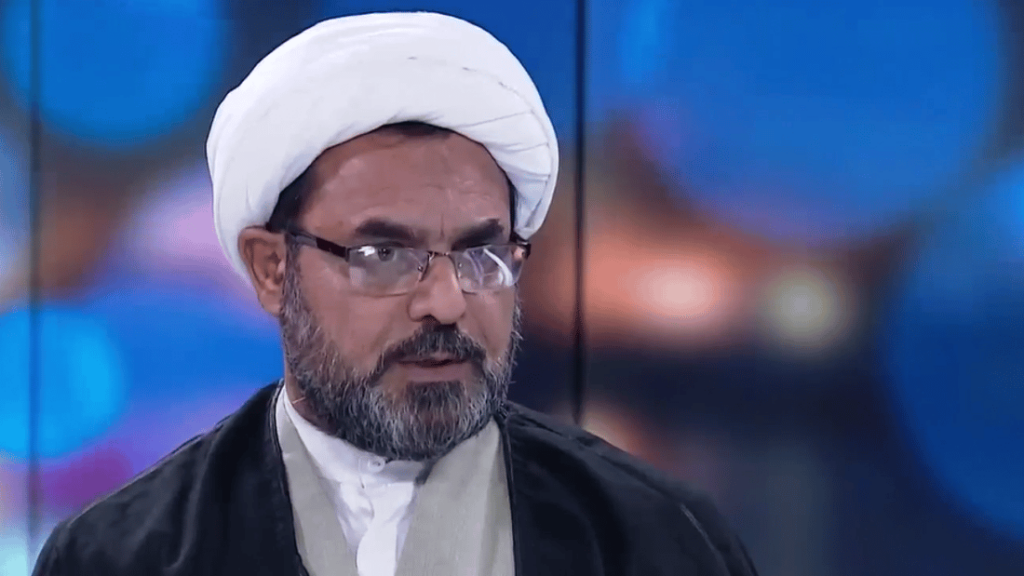Kurdish families stuck in crowded schools after fleeing north Syria conflict

HASAKAH, Syria (Reuters) - Two weeks ago, 13-year-old Leith Ahmed was busy studying English and Arabic at school in northeastern Syria when a sudden Turkish cross-border attack forced him and his family to run for their lives.
Displaced Kurdish and Arab women, who fled from violence after a Turkish offensive in northeastern Syria, sit with their children at a public school used as shelter where they live now in Hasakah, Syria, October 22, 2019. REUTERS/Muhammad Hamed
Now they are stuck in a crowded classroom 80 km (50 miles) away in the town of Hasakah where Kurdish officials running an autonomous administration for years are scrambling to cope with an influx of displaced people.
According to the United Nations, more than 176,000 have fled their homes since Turkey launched its cross-border offensive against Kurdish militia after President Donald Trump said he was withdrawing U.S. troops from Syria’s northeast.
Some 80,000 children alone have been uprooted, U.N. officials said on Tuesday. Only around 7,100 Syrian Kurds have made it over the border to neighboring Iraq; the rest are stuck mostly in Kurdish-run Syrian towns like Hasakah.
Much of the northeast has been controlled by the Kurdish-led Syrian Democratic Forces (SDF), whose main component is the YPG militia, seen by Turkey as a terrorist group because of its links to Kurdish insurgents in southeast Turkey.
“I especially enjoyed my English and Arabic lessons. I want to go back,” Leith said, standing in a courtyard of a Hasakah school where women were slicing up meat to prepare meals for 178 displaced.
He fled with his parents and two brothers from the border town of Ras al Ain after it came under Turkish air strikes.
It is unlikely they will return soon, given that authorities have cleared more than 40 schools in Hasakah to house a continuing influx of displaced.
FEARS OF WINTER
In Leith’s makeshift schoolhouse home, a family was sleeping on the stairway as all classrooms were full with up to 15 people each. Mothers and their children were dozing on mattresses with benches and chairs moved out into the corridor.
Baths are shared but running water has been disrupted as the main plant for Hasakah broke down 10 days ago, the U.N. said. Engineers have temporarily restored some supply.
Turkey wants to establish what it calls a safe zone, more than 30 km (about 20 miles) inside Syria, once the YPG have withdrawn.
“I hope to go back (home) but I just don’t know,” said 21-year old Amina Mohamed, holding an infant son in another packed classroom.
She worries about her husband, a YPG fighter with whom she last spoke by phone on Monday night before he abruptly hung up.
Berican Khalil, an aid worker, said her local organization helping to run one school was relying mainly on donations.
“We have food supplies but no winter clothes,” said her colleague, 25-year Nuhirdeen Abdel-Qader, who works in another school stuffed with almost 200 displaced people.
Temperatures will drop sharply from next month.
“Children cannot go to school more (and more) people are coming and there is already no space left,” she said.
“This is already outdated,” she sighed, pointing to a notepad where she is registering arrivals. “Families fled ten days ago but are still on the move and are looking for shelters in schools.”
Many displaced worried Turkey will resettle in their evacuated hometowns Syrian Arab refugees from the country’s eight-year-old civil war.
“I want to go home but if the Turks are there I can’t. I don’t even know what happened to my house and (steel) workshop,” said Mustafa Mishya, 38, who came with his wife, parents and two infant children from Ras al Ain.
Diana Ismail, 21, was trying to comfort her son Mahmoudi, 7, who had just begun school in Ras al Ain.
“My husband got killed fighting Daesh,” she said, alluding to the YPG’s role as the main regional ally of U.S. forces fighting Islamic State militants, or Daesh.
“I have nobody left but Mahmoudi. I just want to move abroad, Europe, America, anywhere.”




